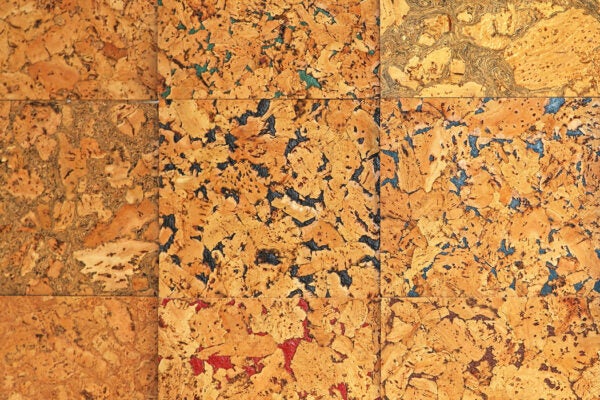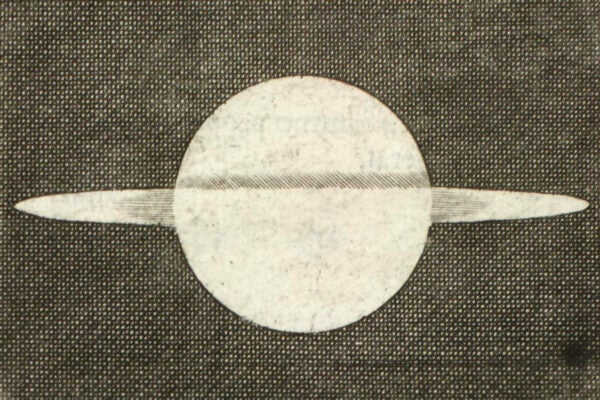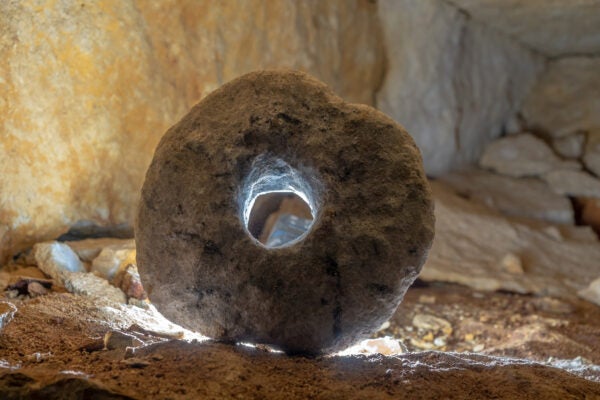Scholars sorting through a trove of ancient Egyptian texts have discovered a unique hangover cure. Late night cheeseburgers being hard to come by in ancient Egypt, those afflicted with a “drunken headache” would thread several leaves of the Alexandrian laurel (Ruscus racemosus, a shrub in the Lily family) on a string and wear it around their necks. There isn’t any scientific basis for this method, but it’s certainly creative. However, as odd as it seems, the laurel necklace is not the weirdest cure ever proposed.
Given the ubiquity of hangovers, there are many “cures” available. In 1961, Frank Paulsen published a collection of more than 200 cures from American folklore. Many are x-rated, and almost all of them are highly questionable. Buttermilk, egg whites, and tomatoes crop up repeatedly—something to remember if all else fails. Other suggestions, such as inhaling gasoline fumes or slurping hot sauce, seem designed to replace the hangover with something far worse. Seafood lovers may appreciate the “pickled herring” cure.
One widely practiced approach is to drink a small amount of additional alcohol the following day. According to Paulsen, the distinctive phrase used to describe this practice derives from a Scandinavian legend—that a dog bite will heal only if one of the dog’s hairs is inserted into the wound. Literally, the hair of the dog that bit you!
Most of Paulsen’s cures are paired with sleep, so you might be better off resting instead of sniffing gasoline. So is there actually a hangover cure?
Get Our Weekly Digest
British Medical Journal set out to answer this important question in 2005 by reviewing all existing controlled studies on the topic. Unfortunately, the pool of controlled trials for hangover cures is pretty thin, and all known studies focus on dietary supplements instead of more traditional options like drinking a lot of water. That said, a few supplements actually showed statistically significant improvements. Linolenic acid, found in some strains of yeast, showed promise, as did Tolfenamic acid, a painkiller not generally available in the United States, but used to treat migraines in parts of Europe. Before you rush out and stock up on yeast, be advised that the results come from one very small study with (according to BMJ) questionable methods.
Several thousand years after ancient Egypt’s last hangover, the truth is that other than rest there is no true hangover cure. Some actions, such as drinking water or abstaining from smoking (actually on Paulsen’s list), are proven to reduce a hangover’s severity, but that’s the best most people can do. On the other hand, a leaf necklace is unlikely to make things worse.







